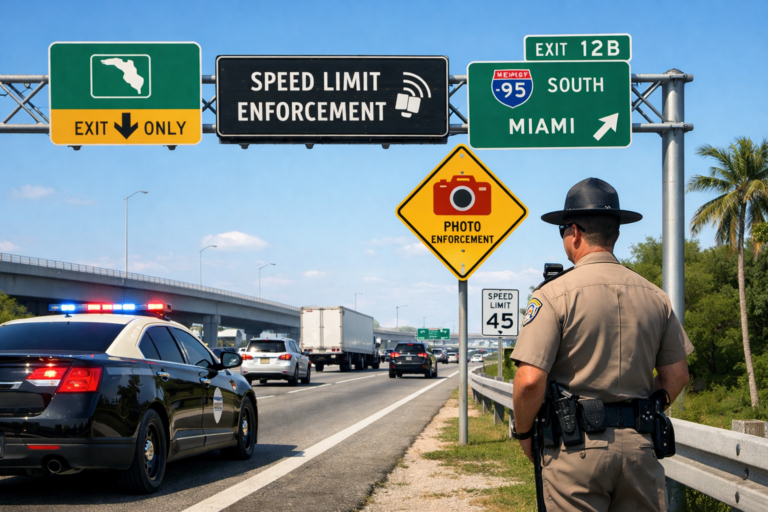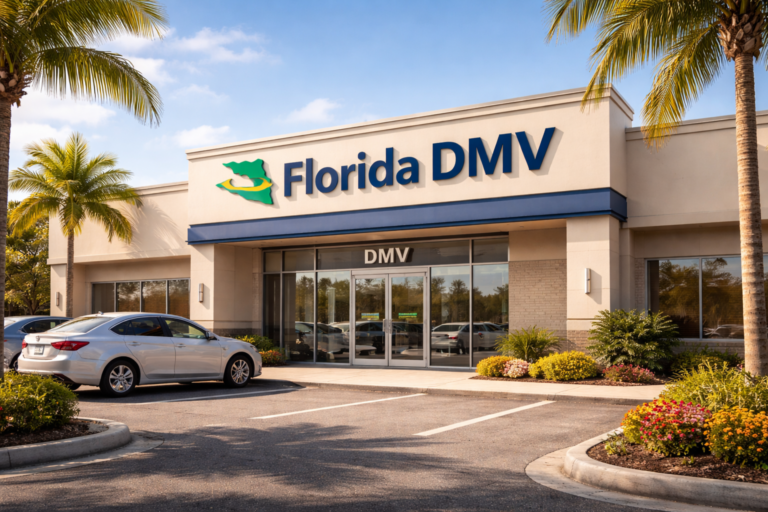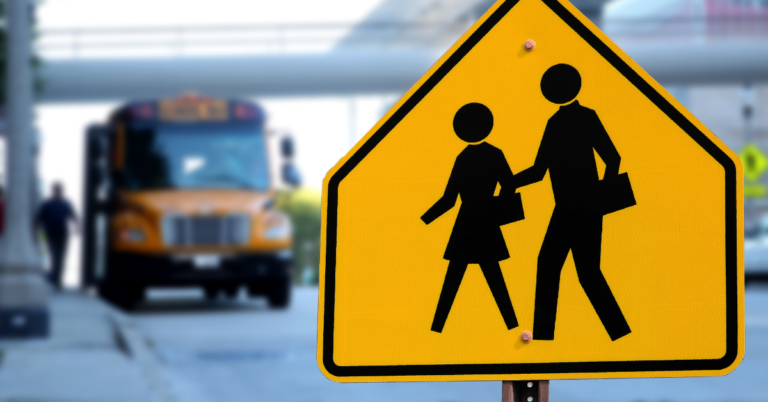From new stories that highlight how interactions with police officers can get out of hand to your own personal concerns about protecting your rights, it’s natural to wonder whether or not you can film police in Florida. Remaining calm at any scene with a police officer is important for minimizing the chances of an unnecessary escalation. However, people are increasingly concerned about whether or not it’s okay to film police in Florida so that they have a solid piece of evidence if needed in the future.
If you’re pulled over for a driving infraction or witnessing someone else get arrested in a public place, you need to know the rules.
Statutes in Florida on Recording the Police
Florida Statute 934.03 prohibits the intentional interception of any electronic wire or oral communication. A violation of this statute is a third-degree felony. The only exception to this rule is when all parties to the communication provide their consent. If an oral communication between two or more parties is to be protected under the statute, the individual who is speaking at the time must have a reasonable expectation of privacy and society must perceive that expectation as reasonable based on the circumstances.
The statute makes it appear much like a gray area for people who might be curious about the process of recording a police officer, which is where interpretation of these laws in actual cases can be helpful for determining if it’s okay for you to film police in Florida.
Court Cases
The 11th Circuit of the U.S. Court of Appeals contains case law determinations indicating that subject to certain “reasonability protections” that a person has a First Amendment right to videotape or photograph police conduct. Further, case law illustrates that people have a right to know and to gather information about what police officials do on public property and that this extends to videotaping matters of public interest. This has been most frequently referenced in those cases involving protests where participant photo or video recordings have come up in court as a way to support claims made about policy activity on that scene.
When Can I Record Police?
See the above note about public places. If other people can witness what is happening in this public space and you have the legal right to be in that area at that time, you can record so long as you are not interfering with police activity. However, when you are in a private place, you need to ask questions before starting the recording.
First of all, determine if other people can still witness what is happening. Second, determine if the officer is aware of and has consented to being recorded. If you can confirm both of these things, you might be able to film police in Florida in that instance.
Be aware that even though you might have the legal right to record at that moment, you need to proceed carefully. If you intend for this photo, video, or audio to end up in court to support a claim, you want to be sure you’ve considered all the legal aspects and have indeed received the officer’s consent. Before hitting record, announce your intention to record the interaction. Do not ever get involved with an officer’s actions while recording and stay far enough away to let the officer or officers do their job. This can help to keep a bad situation from getting any worse in the moment by your decision to record.
What to Do With Your Recording
If you get arrested or accused of a crime, the recording you took could become an important element of your defense strategy. Make sure you back up the recording and provide the recording to your criminal defense attorney. Do this as soon as possible as extra insurance in case something happens to the phone or other device you used to make the recording.
If you were a witness to an incident involving someone else, such as you were recording a protest and another person was arrested, you might have important evidence on your phone of wrongdoing. This person and their lawyer might reach out to you as a bystander or eyewitness to obtain that evidence and to discuss some of the specifics above to ensure you were within your rights to record.
No matter how you find yourself in this situation, you should be prepared to connect with a criminal defense lawyer immediately. There are so many things to think about and what you don’t want are more problems on your end because of making the recording. Don’t let the other side make the case more about your right to record than what you captured on tape. Know the rules and exercise your legal right to a lawyer if you’re arrested.



